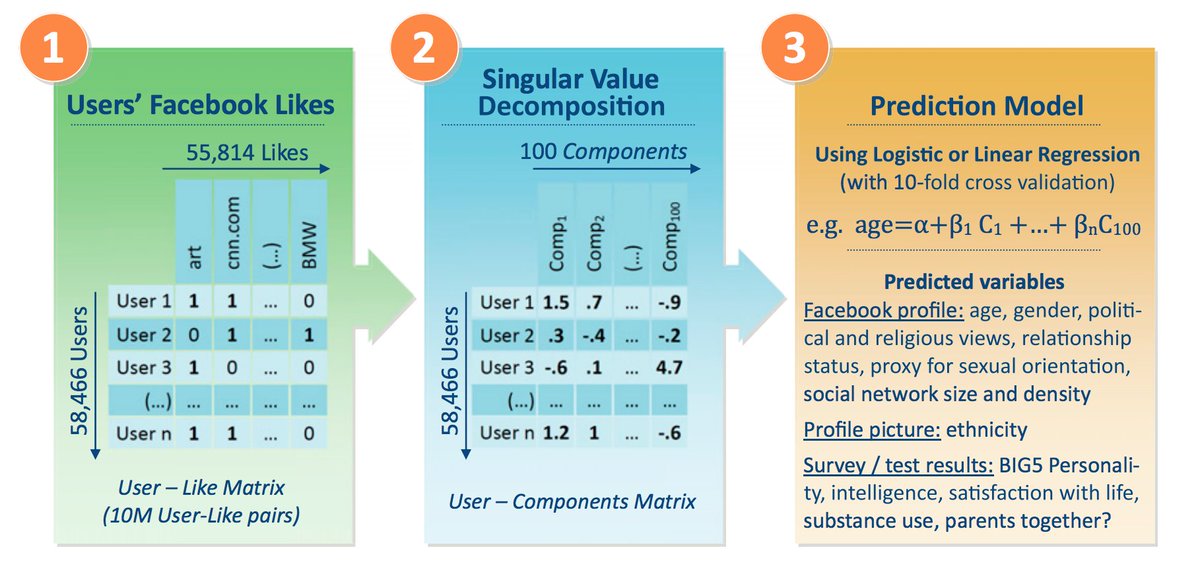
Prof at @SMPAGWU and research cluster lead @GWIDDP | Author of The Internet Trap and The Myth of Digital Democracy (both @PrincetonUPress)
How to get URL link on X (Twitter) App


External Tweet loading...
If nothing shows, it may have been deleted
by @MattHindman view original on Twitter
